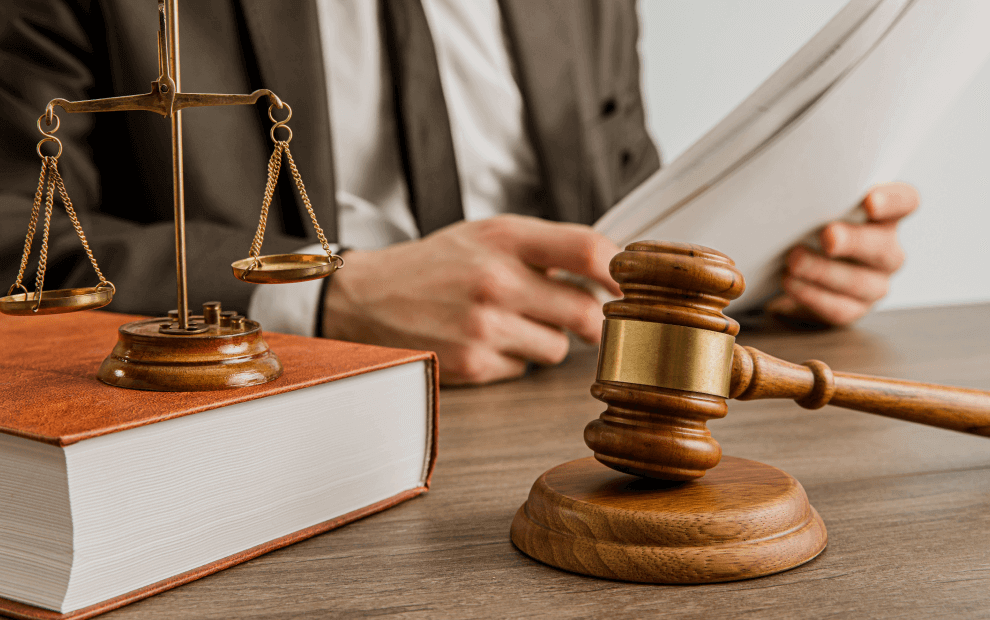More Details
In order to improve the protection of intellectual property rights (IPR) in Taiwan, a specialized intellectual property court (the IP Court) was established on July 1, 2008. The IP Court is effective to the same level as Taiwan’s High Court and specializes in IP cases to expedite litigation proceedings for IP right holders and significantly enhance the quality of IP related jurisprudence. In addition, the Taiwan High Prosecutors Office set up an IP branch on the same day to work in conjunction with the IP Court. Both of these institutions mark important milestones in the development of Taiwan’s judicial system, while ably supporting Taiwan’s efforts to cope with IPR issues.
According to the statistics provided by the Judicial Yuan, the number of cases lodged in the IP Court from July of 2008 to June of 2009 reached a total of 1486. The average number of days to pass a judgment in the first instance from January to July of 2009 was 95 for civil, 82 for criminal, and 124 for administrative cases. The affirmed appeals rate for the same period were respectively 92.3%, 60%, and 100%.
In the chart hereunder, we summarize the number of cases with regard to preventive proceedings such as preliminary injunction, preservation of evidence and confidentiality preservation orders for the period running July 2008 to June 2009.
| Type | Total | Results of Adjudication | |||
| Approved | Withdrawn | Dismissed | Other2 | ||
| Preliminary Injunction | 13 | 1.51 | 1.51 | 4.5 | 1 |
| Preservation of Evidence | 64 | 4 | 4 | 52 | 0 |
| Provisional Seizure | 34 | 9 | 9 | 25 | 0 |
| Provisional Injunction | 1 | 1 | 1 | 0 | 0 |
| Confidentiality Preservation Order | 5 | 2 | 2 | 2 | 0 |
Notes: 1. “0.5” represents a case that was partially approved and partially dismissed.
2. “Other” relates to transfer of jurisdiction.
The average number of days to make a ruling concerning the request of preliminary injunction was 90. The requirement for seeking preliminary injunction is stricter, which includes the likelihood of success on the merits of the case, whether the granting or rejection of the request will cause irreparable harm to the applicant or opposite party, balance on the degree of damage to both parties, and impact on public interests. Moreover, the opposite party may have an opportunity to express their opinions to the court; more than six months may be required for the court to rule on said request depending on the complexity of the case.
IP Enforcement in Taiwan
Enforcement of IP in Taiwan may involve criminal and civil actions before the courts, investigations or detentions by customs, quasi-judicial proceedings before the Fair Trade Commission and administrative actions by agencies having jurisdiction over specific industries, such as pharmaceuticals and alcoholic beverages. Mention should also be made of the administrative appeal procedures with respect to validity issues of IPR, as nearly all patent and trademark infringement cases are likely to involve this aspect of enforcement.
Further, invention patents are substantively examined (novelty, inventive step and industrial applicability). Utility model patents only undergo an examination for compliance with formal requirements, and are no longer subject to substantive examination as from July of 2004. However, after publication, anyone may request from the Taiwan Patent Office (TIPO) a “Technical Evaluation Report” of a utility model application, which may serve as technical reference or as a basis for invalidation actions. Since an utility model patent is granted without substantive examination, its validity can be easily challenged and successfully invalidated by the alleged infringer in the court procedure. Therefore, it is strongly recommended that a holder of utility model patents should conduct an advanced review and evaluation of such patents before initiating a lawsuit regarding patent infringement.
Ongoing Progress of IP Court
After one-year of operation of the IP Court, many comments and opinions from the TIPO and attorneys-at-law were collected and provided to the IP Court as well as the legislature for review and improvement. The better training and allocation of more resources for special police forces contributes to achieving the goals of building and enforcing IP value. In general, Taiwan is expected to continue on the path to a more transparent and user-friendly system with respect to enforcing IPR and make these efforts truly responsive to the needs of commerce and industry.
(Author: Nicole M. LIN received her LL.B. Degree at National Taiwan University (NTU) and was admitted to the Taipei Bar in 2000. She specializes in general patent & trademark advisory, patent & trademark litigation, resolution of domain name dispute, drafting and negotiation of commercial agreements & contracts, and joint ventures. She now engages in foreign legal affairs for the Dispute Resolution Group and Corporate/ Commercial Law Group in Tai E, and is the author of some English and Chinese articles on IP subjects in Tai E’s periodicals.)








